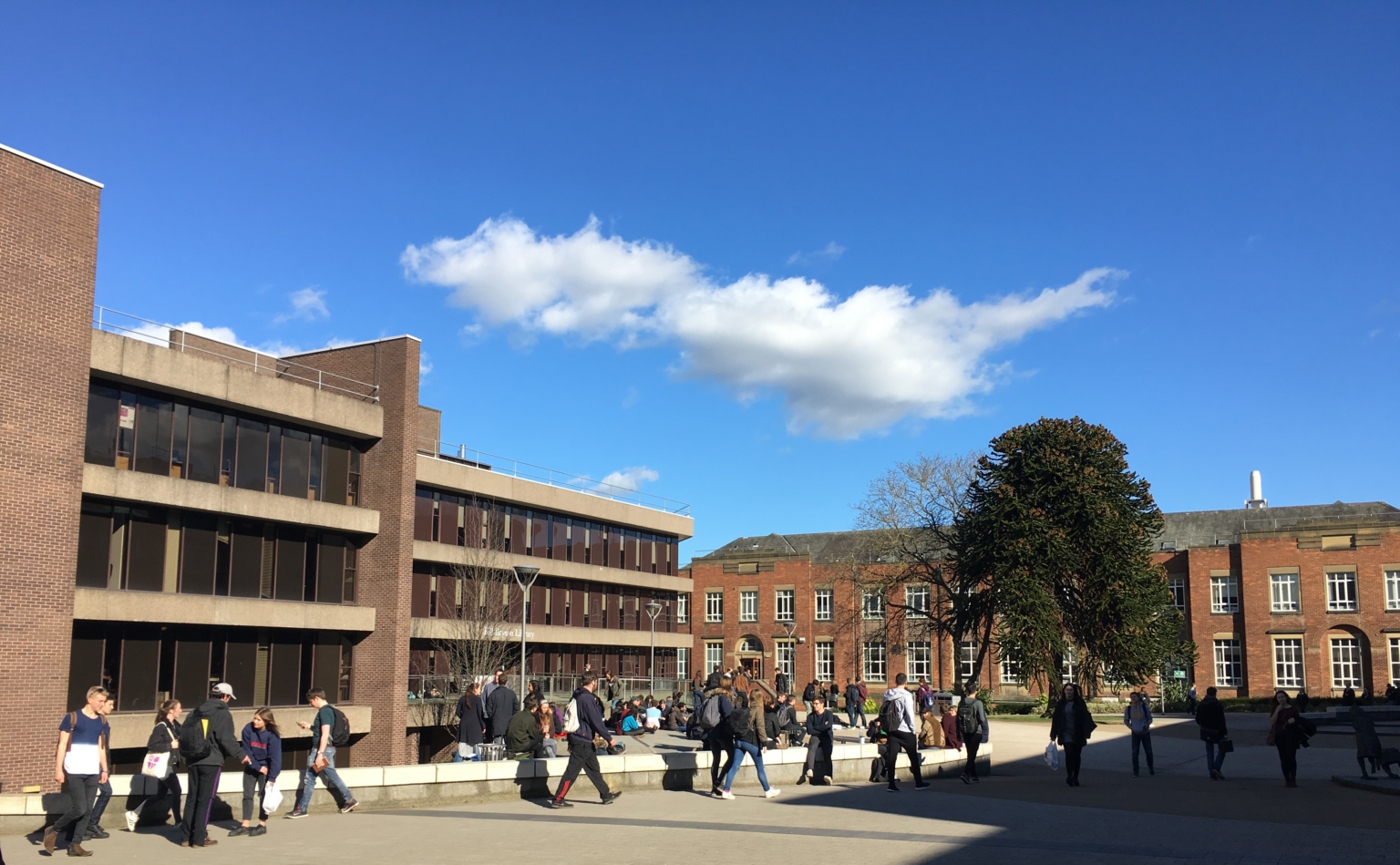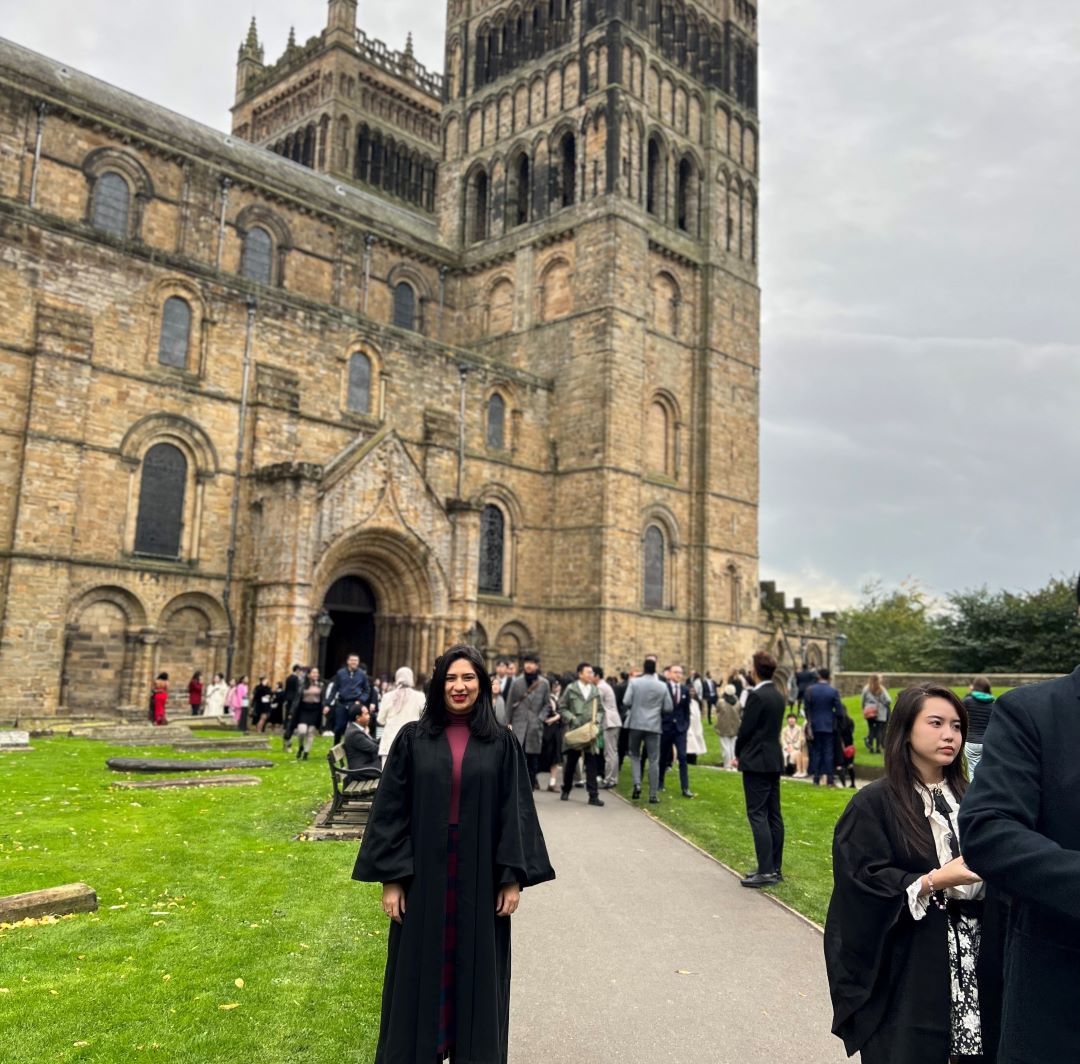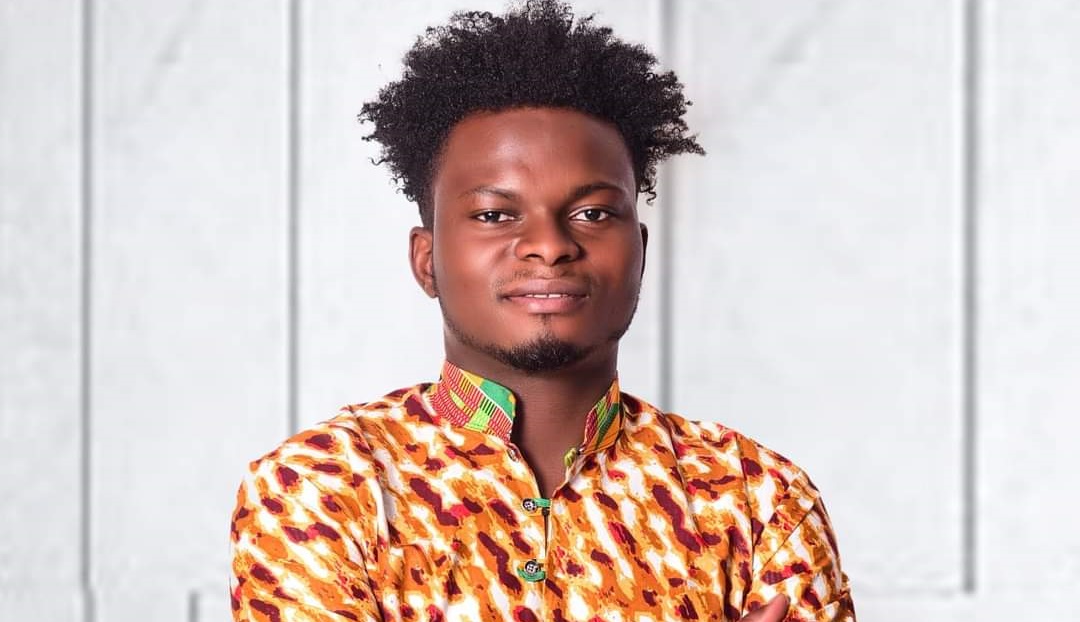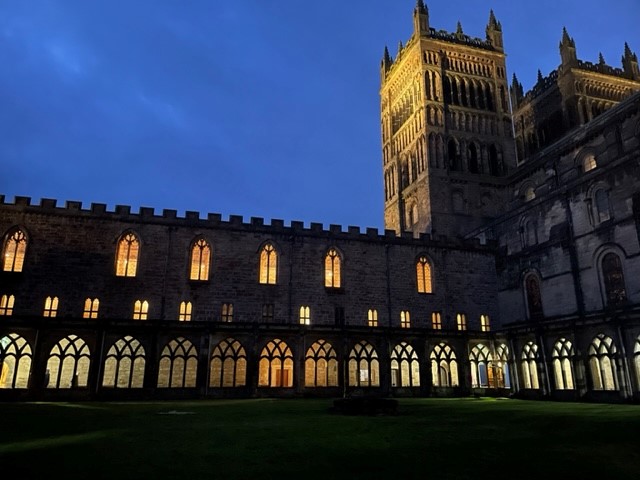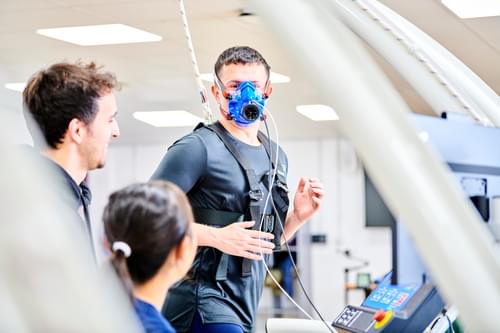My interest in pursuing a career in research really piqued in my final year of undergrad: after completing my dissertation, where I had completely free reign to design and run my own study, I was hooked. My specific interest lies in body image and I would love to spend my future career researching how we form opinions about our appearance and how society determines what is good or bad.
So, when I was presented with the opportunity to work with Prof. Boothroyd on her study involving the effects of playing with ultra-thin dolls on young girls’ body image, I jumped at the chance. My task? Make the science accessible.
The Research
My task was to create a leaflet that could be given to parents to educate them about the potentially harmful effects of playing with ultra-thin dolls (decreased body satisfaction and increased idealisation of thin bodies). I was also tasked with creating an online study around the leaflet I’d made so we could get parents’ opinions on the materials created for them to help make science more accessible and have a real-world impact. That is, after all why we do this research, isn’t it?
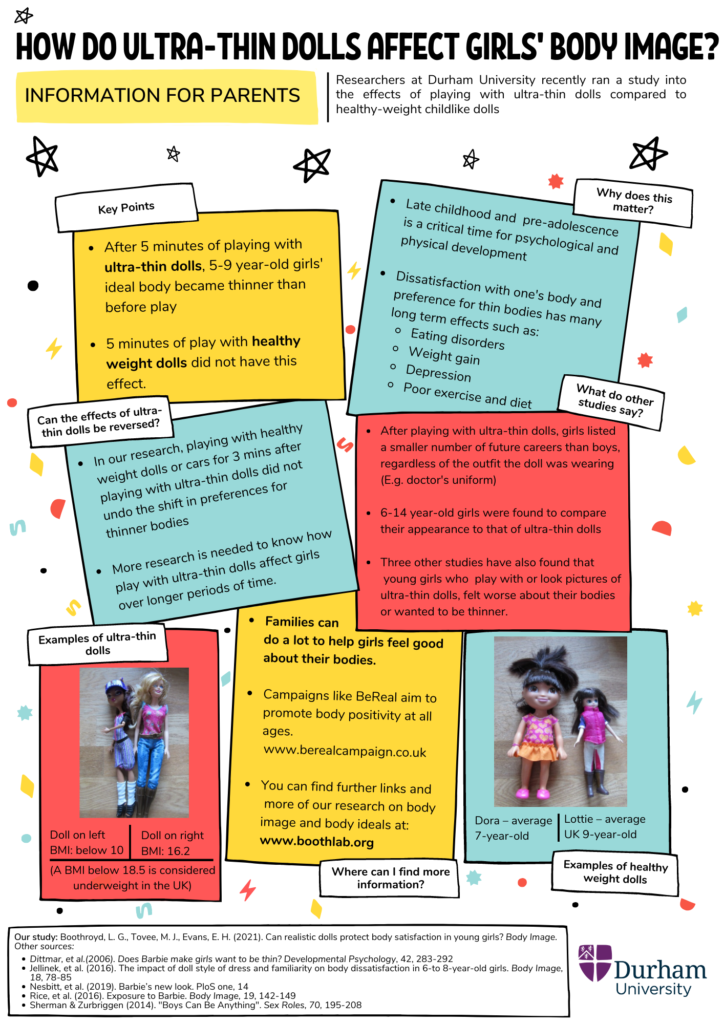
I loved being a part of this project for several reasons. Firstly, body image research is my passion and any opportunity to be involved in academic research on or around this topic is incredibly exciting to me. Secondly, the study was looking at something which had never been researched before and the results add to our understanding of how body image develops throughout childhood. And finally, it’s great to see academics conducting research and then transferring it to real-world scenarios.
It can sometimes be the case that research is conducted and knowledge is advanced, but the results aren’t communicated in an accessible way to the public, and so there exists a barrier between what is known and what is done. In this instance, however, Prof. Boothroyd is making every effort to communicate her research to the public so it can actually make a difference.
What did I learn?
I’d say that the most important thing I learned from my involvement in this project was the importance of communicating science to the public. While making a leaflet to give to parents, I drew on a resource that I had to hand to test its effectiveness: my own parents. My mum was especially shocked about what I was showing her, and it highlighted to me how simply telling people about our research can have significant real-world consequences and a positive impact on the lives of future generations.
Find out more
You can read the full research paper here
Watch a short video about the study.
Interested in studying psychology? Take a look at our undergraduate and postgraduate opportunities.


